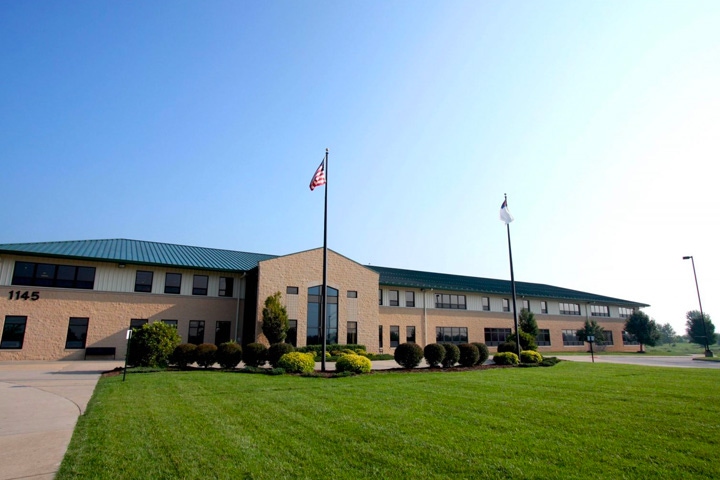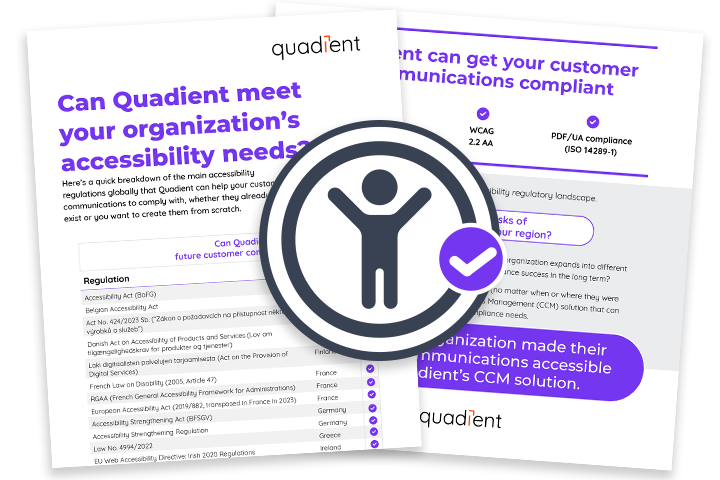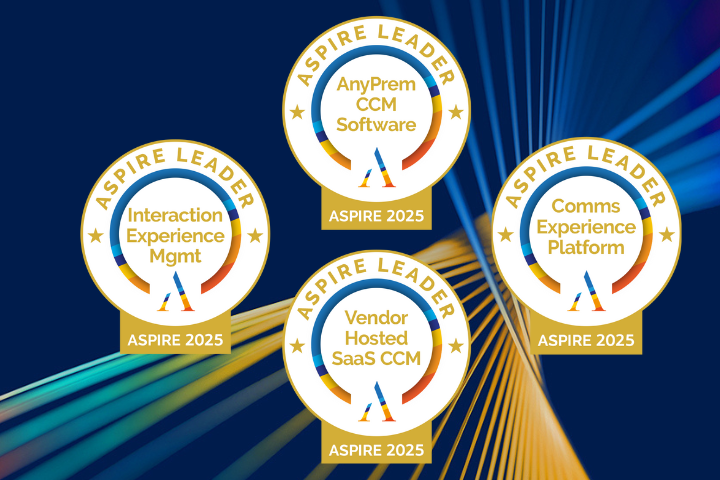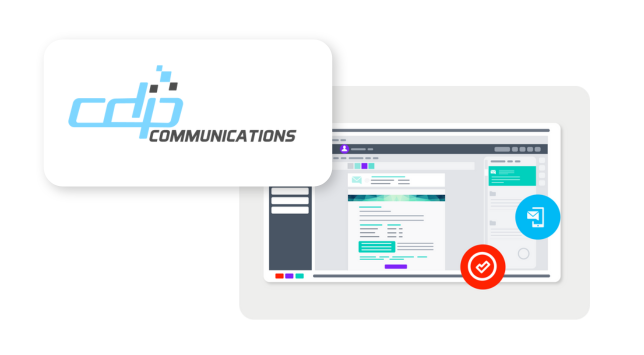Christian School District able to work smarter after AP automation with Quadient AP

"Our main challenge was that everything was done on paper – duplicate purchase orders, duplicate invoices, packing slips with no tracking information. On average we touched a piece of paper 5 times before it was actually matched up to a check stub and filed."
- Cynthia Boaz, Business Director, Christian School District
 | Industry: Education Company size: SME Accounting software: Sage 50 USA |
An education institute struggling with duplicate invoices and data entry errors replaces manual accounts payable with automation.
- 100% recovery of time spent on filing checks and invoices
- Credit card reconciliation down to 1 hour per month as opposed to 4 hours per week
- Better cash flow projections by eliminating duplicate invoices
Christian School District is a private, independent, faith-based pre-Kindergarten-Grade 12 school in Missouri, US. In 1980, the school began with 11 students and has grown to serve 600 students and 150 employees.
Challenges
An overwhelming amount of paper was making Christian School District vulnerable to a range of AP risks. They were seeing duplicate purchase orders and invoices and packing slips with no online tracking information. “On average we touched a piece of paper five times before it was actually matched to a check stub and files,” says, Cynthia Boaz, CPA, Business Director at the school. They were processing approximately 200 invoices manually, resulting in delays to locate documents and data. “Since everything was moved by hands, no one knew which office or desk the documents were on.”
Another manual exercise was making the daily trip to pick up mail. AP staff had to ensure the business office received invoices in time for processing before for the monthly check run. Paper processes prompted the uphill battle of coding data accurately, and with complete information. Purchase orders and check requests were often incomplete, usually without account numbers or cost center codes. “Purchasers would just put down a question mark or leave information blank.” The AP staff had to follow-up multiple times to source all information and get the invoice recorded. Right from the start, AP was lengthy and unstructured.
Software evaluation
Christian District’s finance department wanted the new AP system to fast-track approvals, eliminate data entry, give instant access to AP documents, and have a seamless integration with Sage 50 accounting. Boaz says, Quadient Accounts Payable automation was the only AP automation software that fit all the requirements.
“The cloud-based software had the ability to manage our complicated cost center-based budget.” Managers could approve or reject invoices online, and purchasers were able to see whether or not their purchase was approved. “We wanted to use the system as an accounts payable subsidiary ledger and remove paper entirely.”
After a short implementation they were up and running with a fully trained staff, customized approval channel matrix, and internal audit controls. “Our implementation specialist worked us through our approval process, which was very complicated, and helped us improve its efficiency.”

Benefits
Remote AP access enabled on-time payments
When Christian District rolled out Quadient Accounts Payable Automation by Beanworks, they did not anticipate their staff to be working remotely in a few months. Despite the office closure, the AP team could easily access data on purchase orders, quotes, invoices, packing slips from their home workstations. “We were able to meet our monthly vendor commitments because we were able to work remotely with Quadient AP.” All vendors were paid on schedule. The only unforeseen challenge was cutting physical checks.
Faster reconciliation and invoice management
During the pandemic, AP staff was only visiting the office to write checks. They realized that they could no longer rely exclusively on on-premise check printing. To solve that challenge, they implemented Quadient AP digital payments module and fully expanded their AP automation workflow. All vendors are encouraged to submit invoices electronically, which get uploaded directly into Quadient AP. Manual credit card reconciliation that used to take four hours a week, is now only taking one hour per month. With this new practice, they are hoping to cut physical checks entirely from their AP.
No more filing cabinets
Boaz already sees a reduction in costs that come with storing paper and archiving documents. “The reduction of paper has reduced filing needs from one four-drawer filing cabinet to a single drawer.” Time spent on filing check stubs and invoices has come down from eight hours a month to zero. With data stored online, they no longer need to send eight boxes of payables support documentation to their offsite storage. “As our annual accounting review will be done remotely this year, I will be able to set up temporary access for our outside accountant to review any invoices that they need.”
No more duplicates or inaccurate data entry
By eliminating paper, Christian District instantly saw a significant reduction in data entry and gained control over access to documents. This meant less errors and accurate reporting. The integration with their accounting system ensures all information entered in the software is precise. “Data entry is now being completed on the purchase order side by the purchase requisitioner. Follow up calls regarding purchase order approvals have almost been eliminated. Staff can just log in to the system and see the workflow.” Previously, their AP staff was spending more time tracking and correcting duplicates. Now, the system automatically flags duplicates saving the staff time and preventing AP risks. “Our shredding needs have been reduced as we no longer have duplicate paper information being sent to our office.”
More time for valuable tasks
Christian District realized significant savings by implementing AP automation before the pandemic occurred. Boaz feels they could have been more proactive by launching automation in time for their former AP specialist. “If we had not lost our accounts payable specialist, AP automation would have allowed us to use that person to do more important tasks than just data entry and pushing paper.” Unlike earlier when staff was spending days on laborious repetitive tasks, they now have a better grip over cash flow predictions. The CFO can easily track which purchase orders are in the system and when they need to be paid. “We are now working smarter.”
Boaz says that the global pandemic has highlighted the need to transform manual systems to digital processes. Christian District has already identified and implemented a tech stack that works for them. As the Business Director, Boaz can run operations through her remote office and still be able to provide up-to-date financial data to the School Board, Executive Director and other stakeholders. “The return on investment is worth the effort.”










